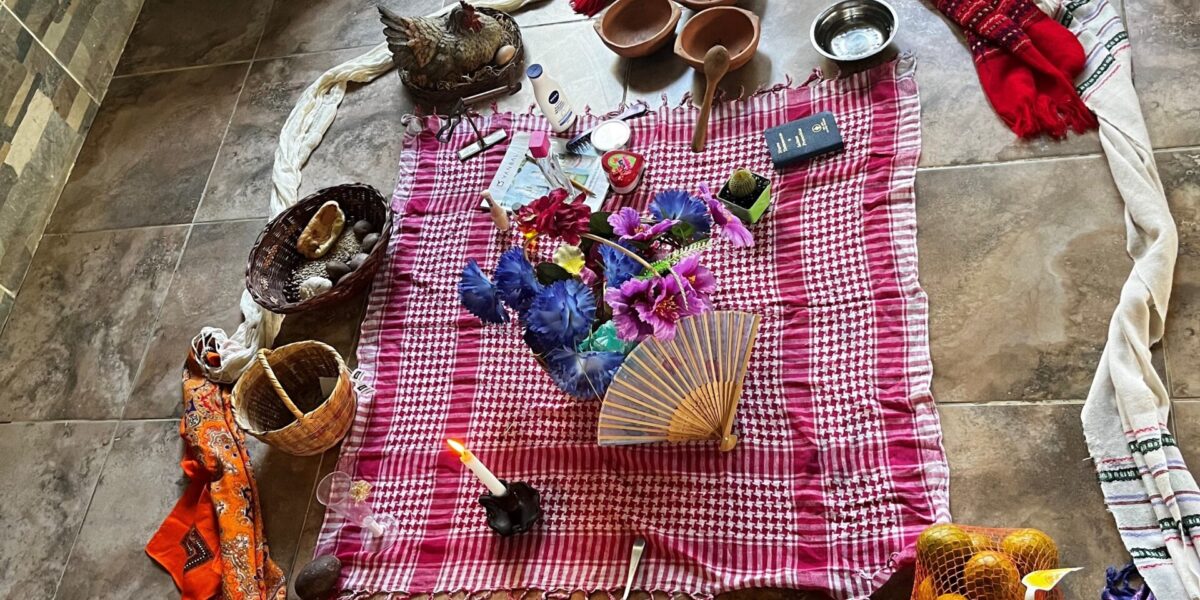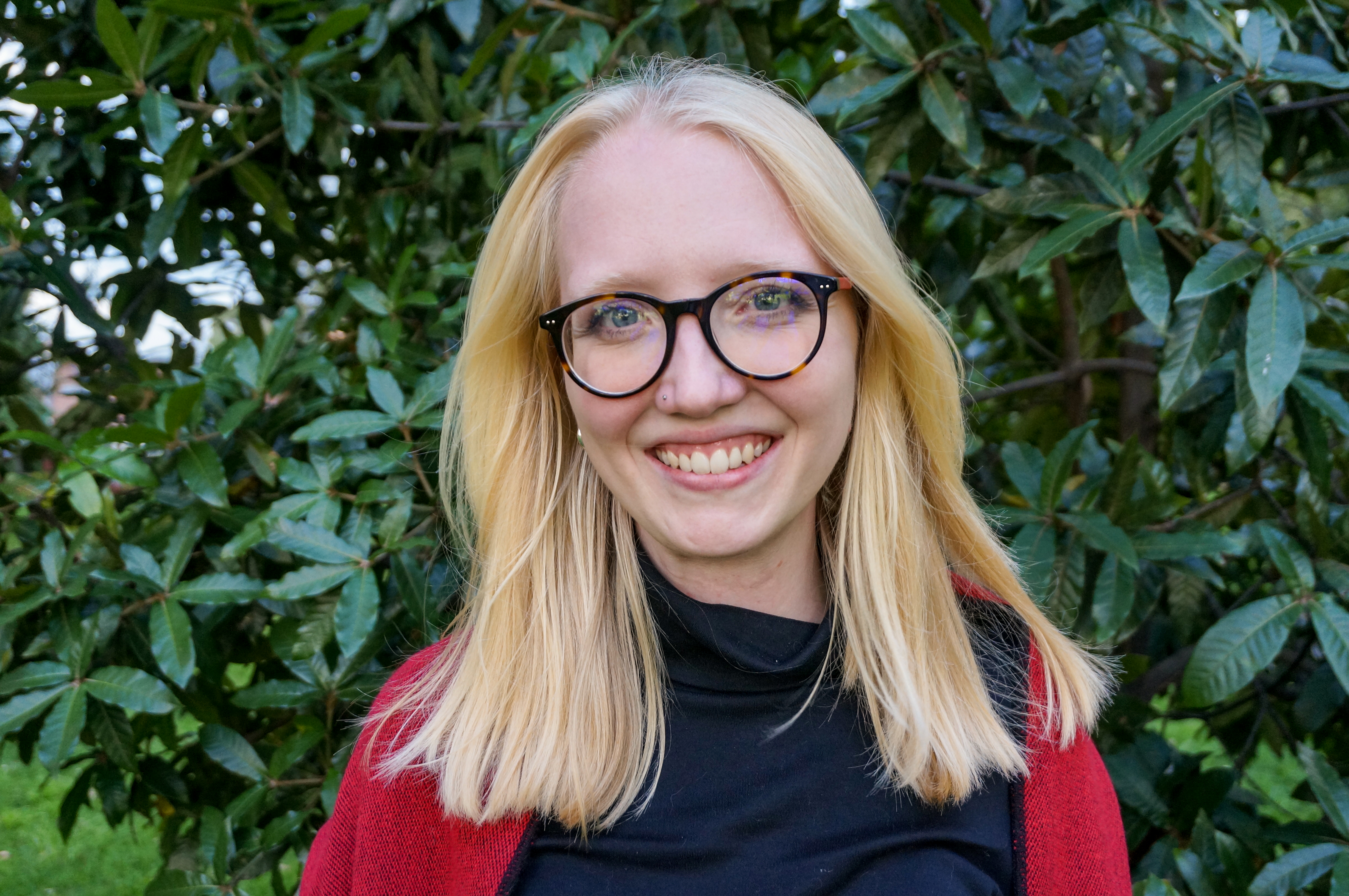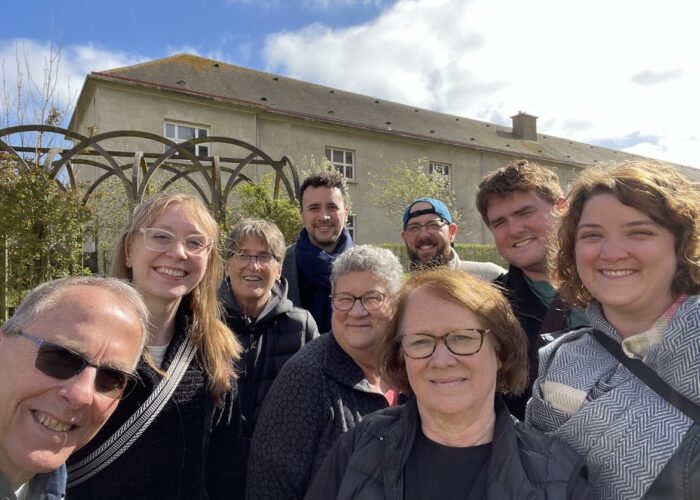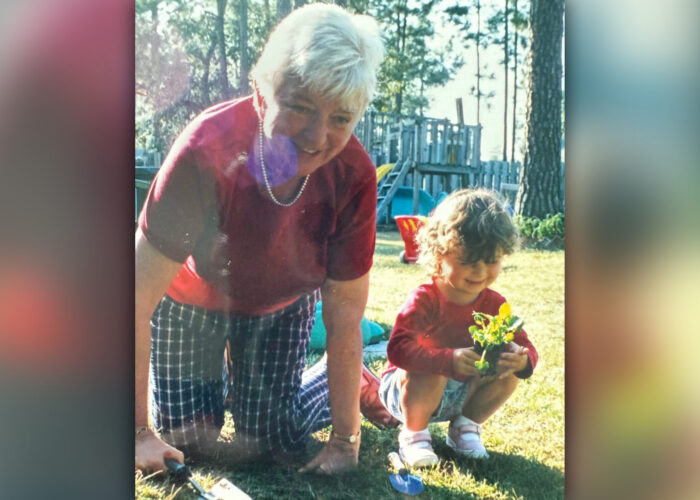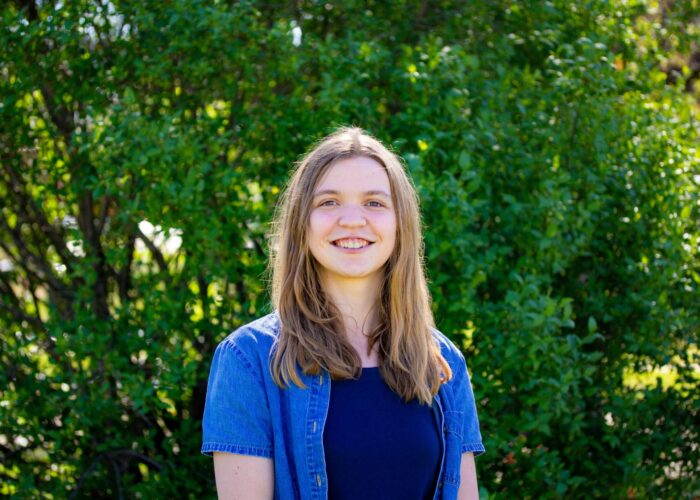I have been involved in a variety of accompaniment ministries over the past several months. One of these experiences was with Justapaz (the peacebuilding organization of the Colombian Mennonite Church) in Chocó, the most biodiverse region in the world, and the only place in the world with both Atlantic and Pacific coastlines.
It is inhabited mostly by Afro-Colombian, Indigenous and mestizo communities. Precisely because of its remote location with two coasts, biodiversity and rich natural resources, Chocó is vulnerable to armed groups and illicit economic activities, including drug trafficking, which has a profound impact on the safety and well-being of the people.
Illegal logging, mining and deforestation threaten the lush rainforests and critical waterways, both of which are important sources of food and water.
Chocó continues to experience alarming levels of violence and a serious humanitarian crisis, despite the signing of the 2016 peace accord between the Republic of Colombia and Fuerzas Armadas Revolucionarias de Colombia – Ejército del Pueblo (Revolutionary Armed Forces of Colombia – People’s Army, FARC-EP), which had given many people hope that the violence would finally stop.
The paradox is that, despite its profound natural wealth, Chocó is one of the poorest regions in Colombia, with % of its population living under multidimensional poverty. Infrastructure in Chocó has been limited and underdeveloped, with poor road networks and limited access to electricity and sanitation services in some areas. Many residents, especially those in rural areas, face challenges related to accessing clean water, food and healthcare.
"There is a strong belief among Chocoan civil society that there is no political will to fulfill the peace accord as it was agreed to in 2016. Based on their experiences with the implementation process, locals believe the Colombian government is deliberately not complying with, and even sidelining, the commitments made in the peace accord."1
Because of the deep poverty and historical neglect that the region has experienced, many people have fallen into cycles of substance abuse and drug trafficking. Aggravating factors, such as natural disasters — storms, floods and landslides — and increasingly limited access to medical care, exacerbate the levels of poverty and violence.
In this context, in a small, rural town, I helped facilitate a gathering with Mujer y Paz (Women and Peace), one of the five strategic areas of Justapaz. The goal of this gathering was to bring women leaders together to discuss the current humanitarian crisis, along with the dire security situation in their region, and how they can raise their voices in spaces occurring at a national level between the current government and the ELN (National Liberation Army, a guerrilla group involved in the continuing Colombian conflict).
One of the workshops was specifically for women from Anabaptist churches. Together, we looked at the role of women of faith in political advocacy efforts, guided by the biblical story of Deborah, a political leader whom God raised up to advocate on behalf of God’s people. Many were surprised that such a story was in the Bible, and they very quickly connected the story of Deborah to their own context and felt motivated to continue their work for peace in their territory.
- Advance the Promises of the 2016 Peace Accord: Civil Society Perspectives on Peace in the Chocó, Washington Office on Latin America, Dec. 2021, p. 8.

